Few phrases encapsulate the spirit of Arab culture as effectively as Inshallah (إن شاء الله). Rooted in faith and trust in divine will, this ubiquitous expression transcends its Quranic origins to become a linguistic wildcard in modern Saudi life. Whether a genuine statement of hope or a clever tool for sidestepping commitments, Inshallah deftly navigates the uncertainties of life.
At its core, Inshallah carries profound spiritual weight. Derived from Quranic teachings, it underscores the belief that all plans are subject to God’s will. In Surah Al-Kahf (18:23–24), believers are reminded to say Inshallah when discussing future intentions, acknowledging divine sovereignty over human actions. This phrase is more than a ritualistic utterance—it is a declaration of humility. When someone says, “We’ll meet tomorrow, Inshallah,” they express hope tempered with an acceptance of life’s unpredictability.
“Growing up in Saudi Arabia, Inshallah was more than just a phrase—it was a mindset,” reflects Sarah Al-Mutairi, a Saudi educator. “It taught me patience, but it also left me wondering if plans would actually happen.” Such linguistic humility mirrors the broader cultural framework of Saudi society, where trust in a higher power intertwines with daily life.
In daily life, Inshallah is woven into conversations, shaping how Saudis approach time, commitment, and the unpredictable.. Ask a Saudi parent for permission to visit a friend, and the likely reply is: “Inshallah.” For children, this answer is maddeningly vague—a liminal space where “maybe” stretches into infinity. “Whenever I asked my mother if I could go out, her Inshallah felt like a soft ‘no,’” laughs Omar Al-Qurashi, a Jeddah-based marketing professional. “It wasn’t until I got older that I realised it wasn’t about refusal; it was about leaving room for the unexpected.”
For expatriates and Westerners navigating Saudi society, Inshallah can feel equally perplexing. In business, it often serves as a polite placeholder, avoiding the bluntness of a refusal while leaving room for negotiation. “We’ll finalise the deal next week, Inshallah,” might mean anything from an enthusiastic agreement to a tactful no. This linguistic flexibility fosters patience but often at the cost of clarity. Saudi children, well-versed in the phrase’s ambiguity, have even coined a countermeasure: “Not Inshallah, Mama. Yes or no!”
Among expatriates, the wry acronym IBM—Inshallah, Bukra, Mumkin (God willing, tomorrow, it’s possible)—captures the cultural essence of the phrase. This shorthand reflects the blend of hope, uncertainty, and flexibility that defines Inshallah’s modern usage. While this ambiguity can be frustrating, it also reflects a deep-seated cultural pragmatism. Arab societies, shaped by centuries of unpredictable circumstances, have adapted by embracing fluidity. Inshallah thus becomes a social lubricant, easing interactions and defusing tension in uncertain situations.
“As a business consultant in Riyadh, I quickly learned that Inshallah isn’t just about faith—it’s about managing expectations,” explains James Harper, a British expatriate. “It was baffling at first, but now I see it as a way to navigate cultural nuances.”
Ultimately, understanding Inshallah is key to navigating Saudi and Arab culture. It reflects a worldview that values humility, social harmony, and trust in a higher power. Yet its overuse can blur lines between faith and convenience. When wielded judiciously, Inshallah is a poetic reminder of life’s unpredictability. When overused, it becomes a rhetorical wildcard—useful but maddeningly imprecise.
For expatriates in Saudi Arabia, learning to interpret Inshallah is as much about cultural integration as it is about managing expectations. After all, this single phrase holds multitudes—patience, possibility, and a healthy dose of ambiguity.
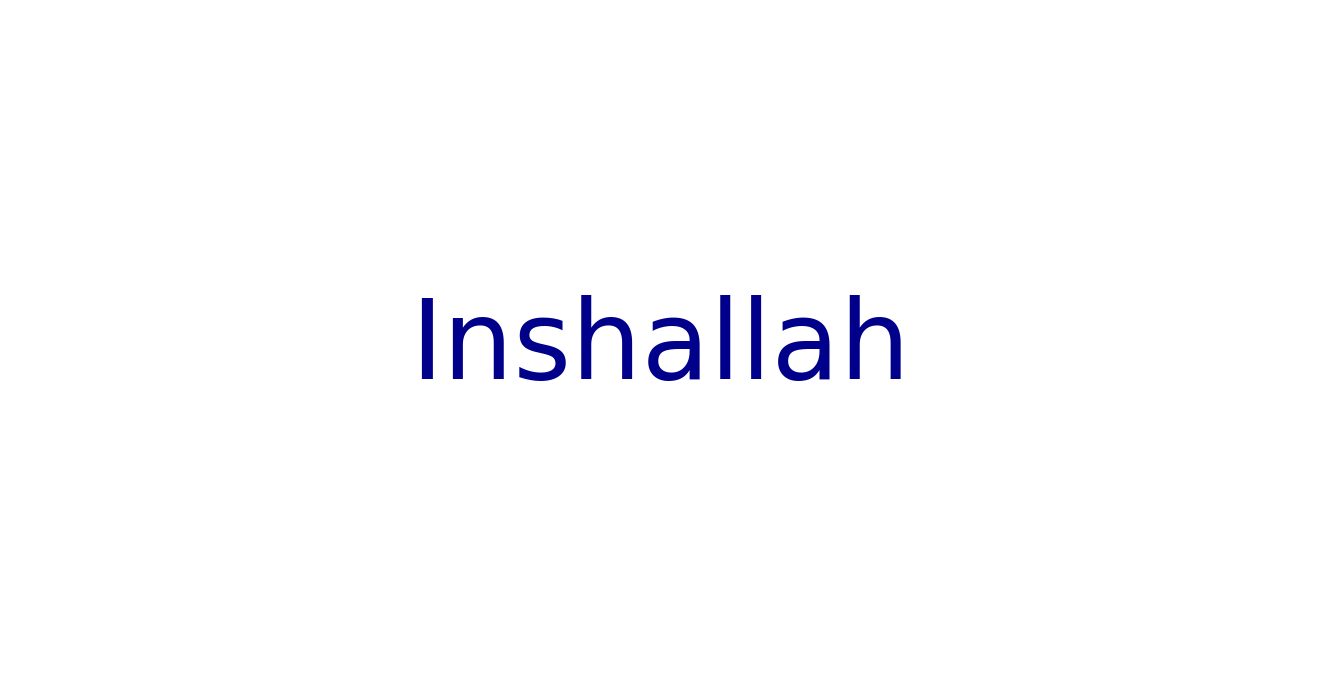
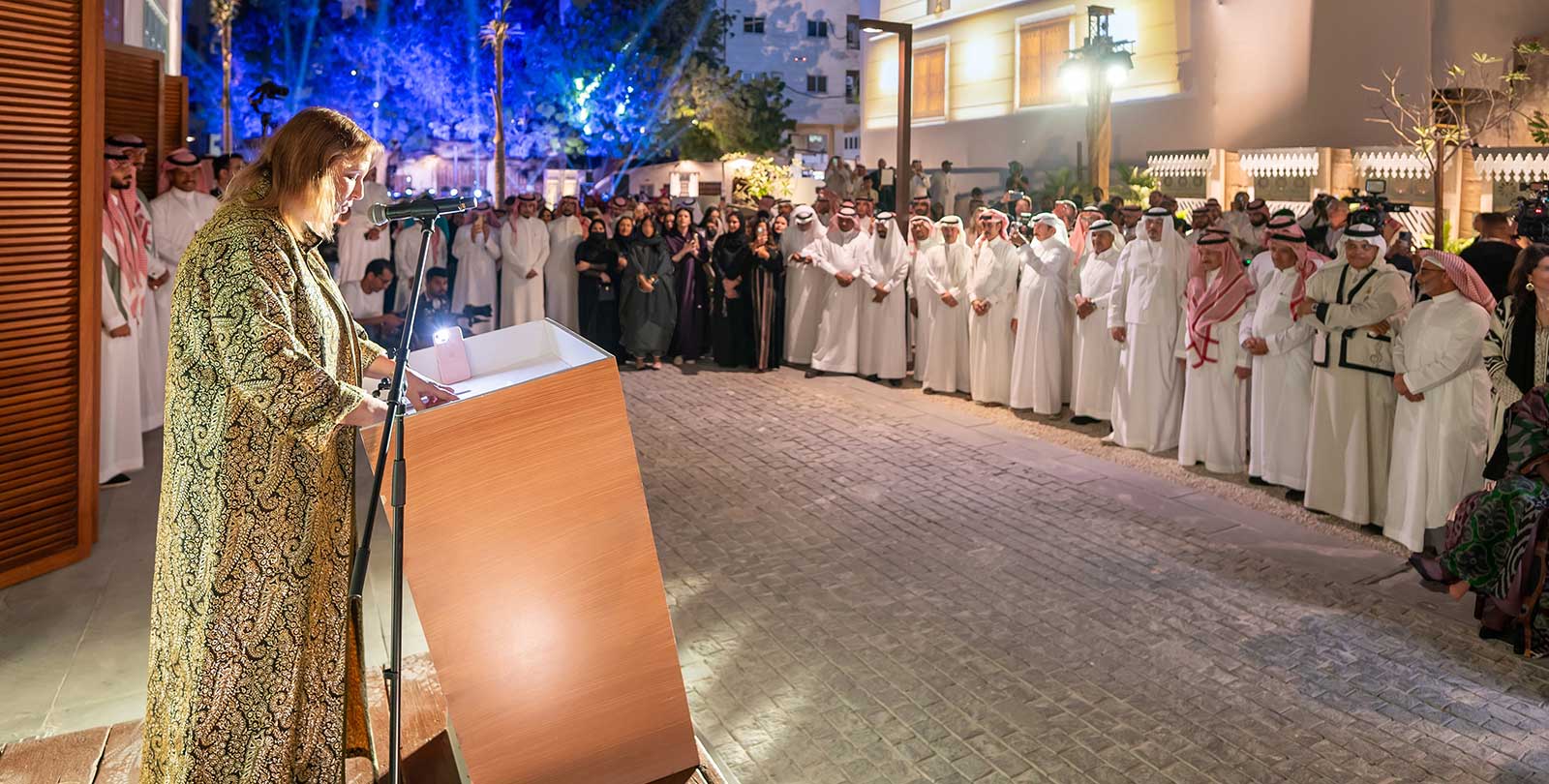
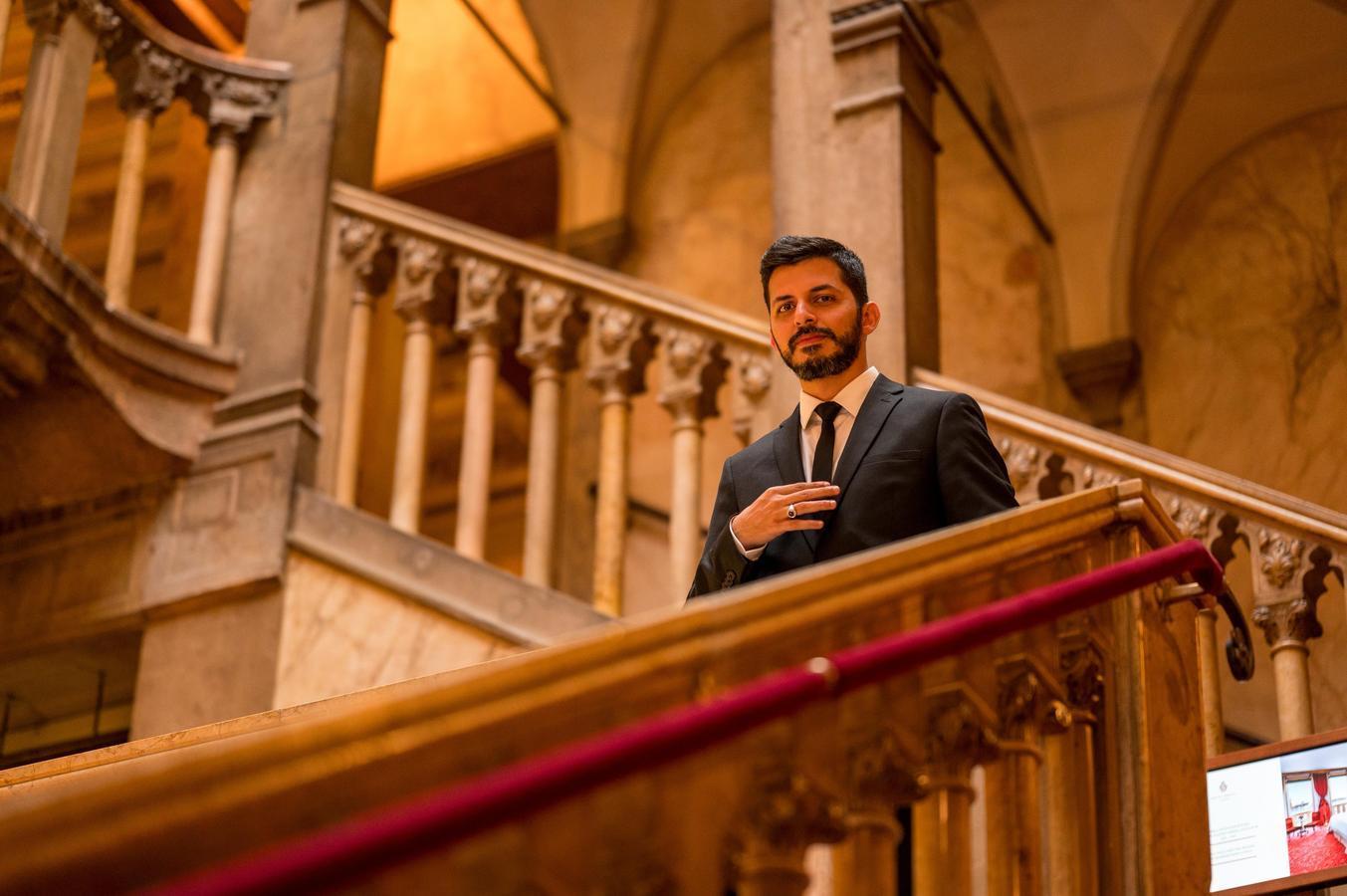
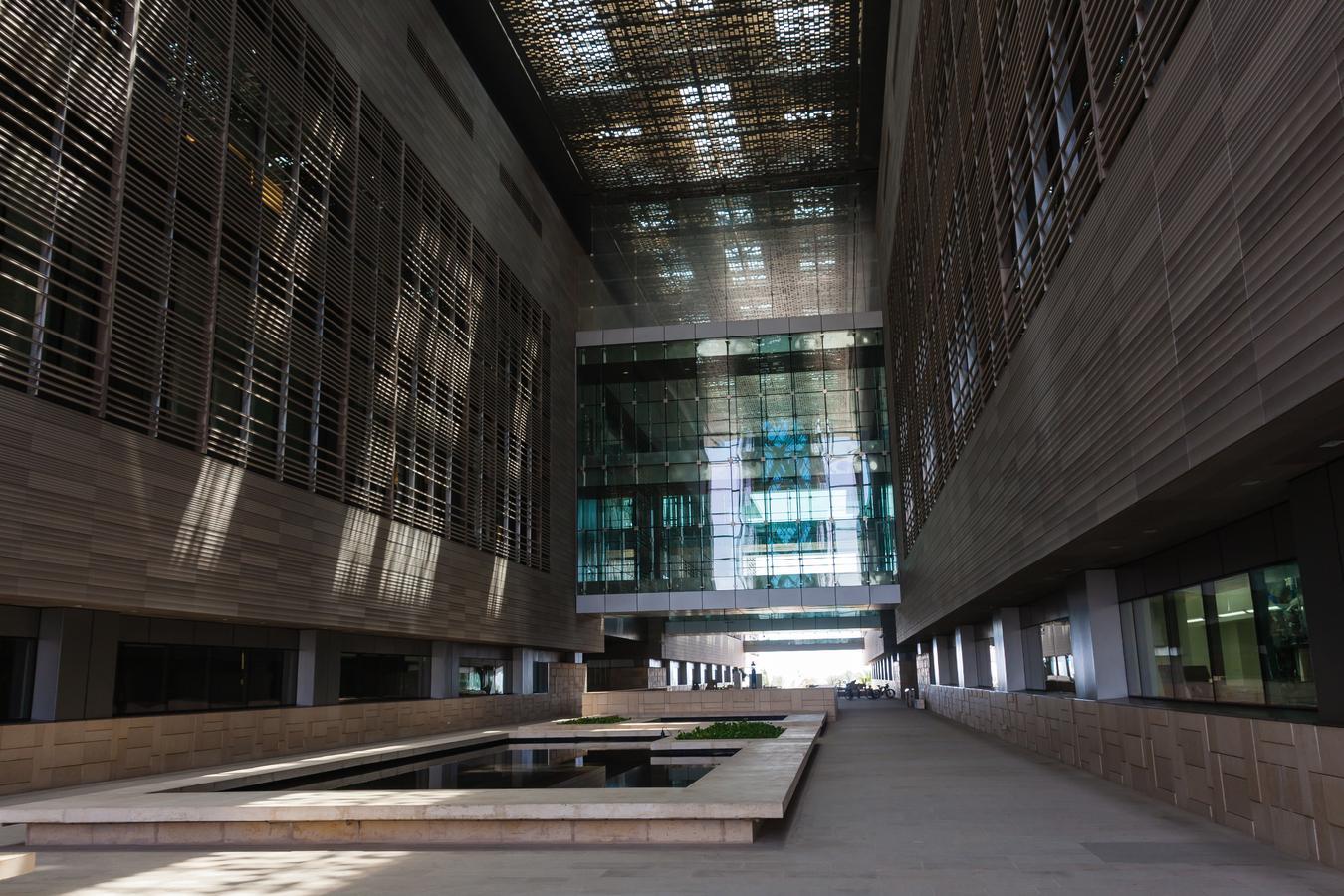
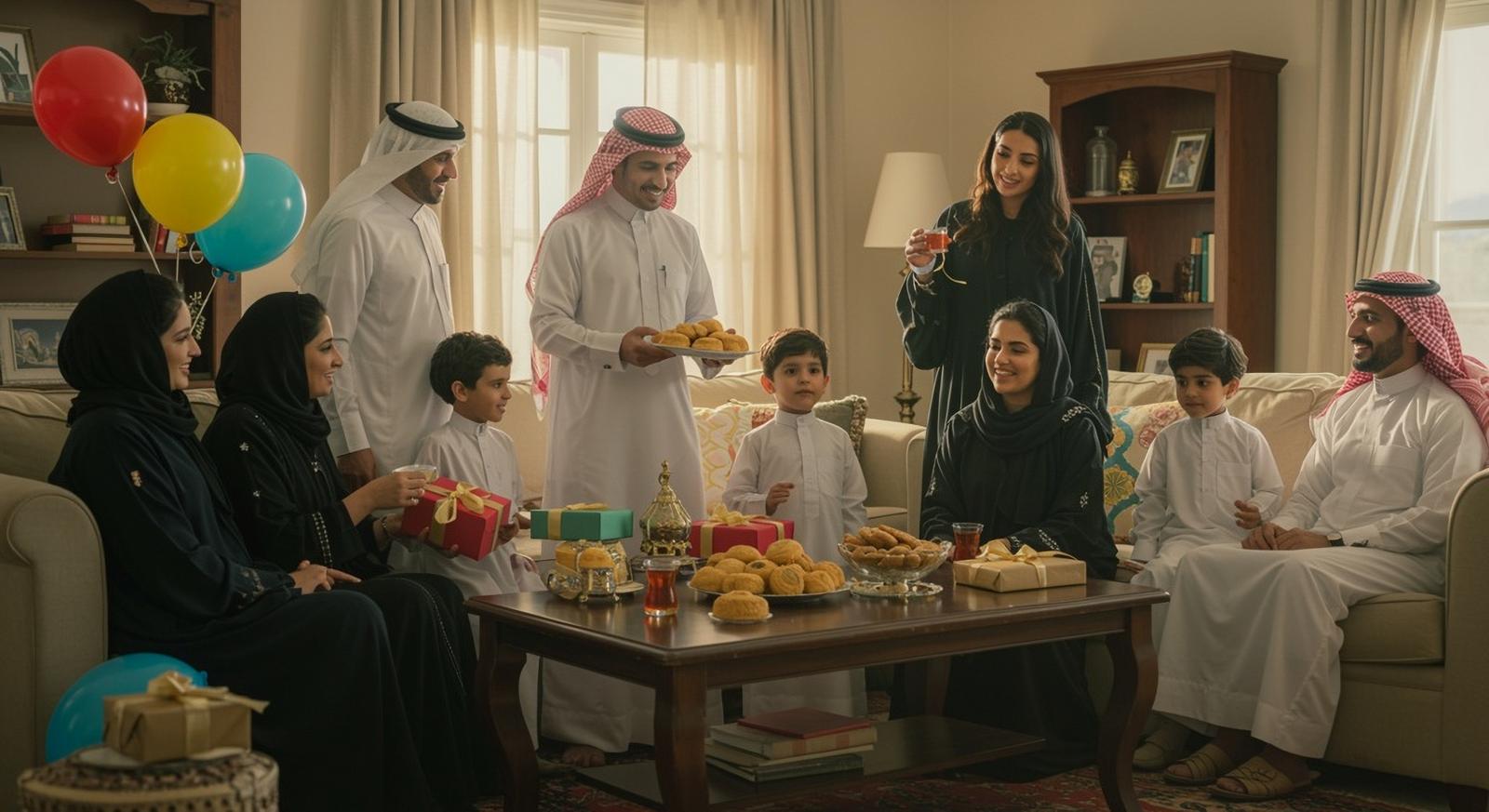

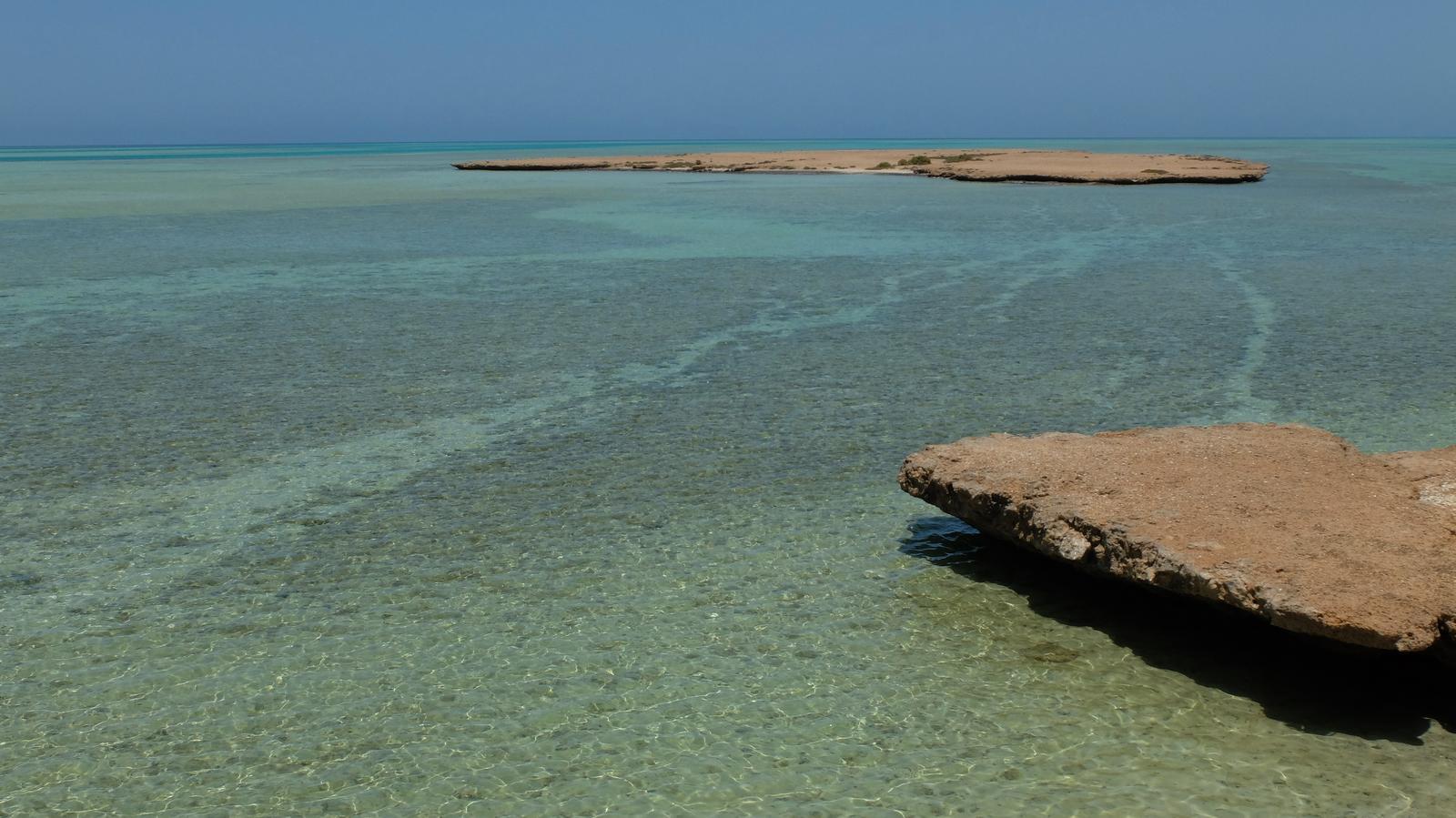
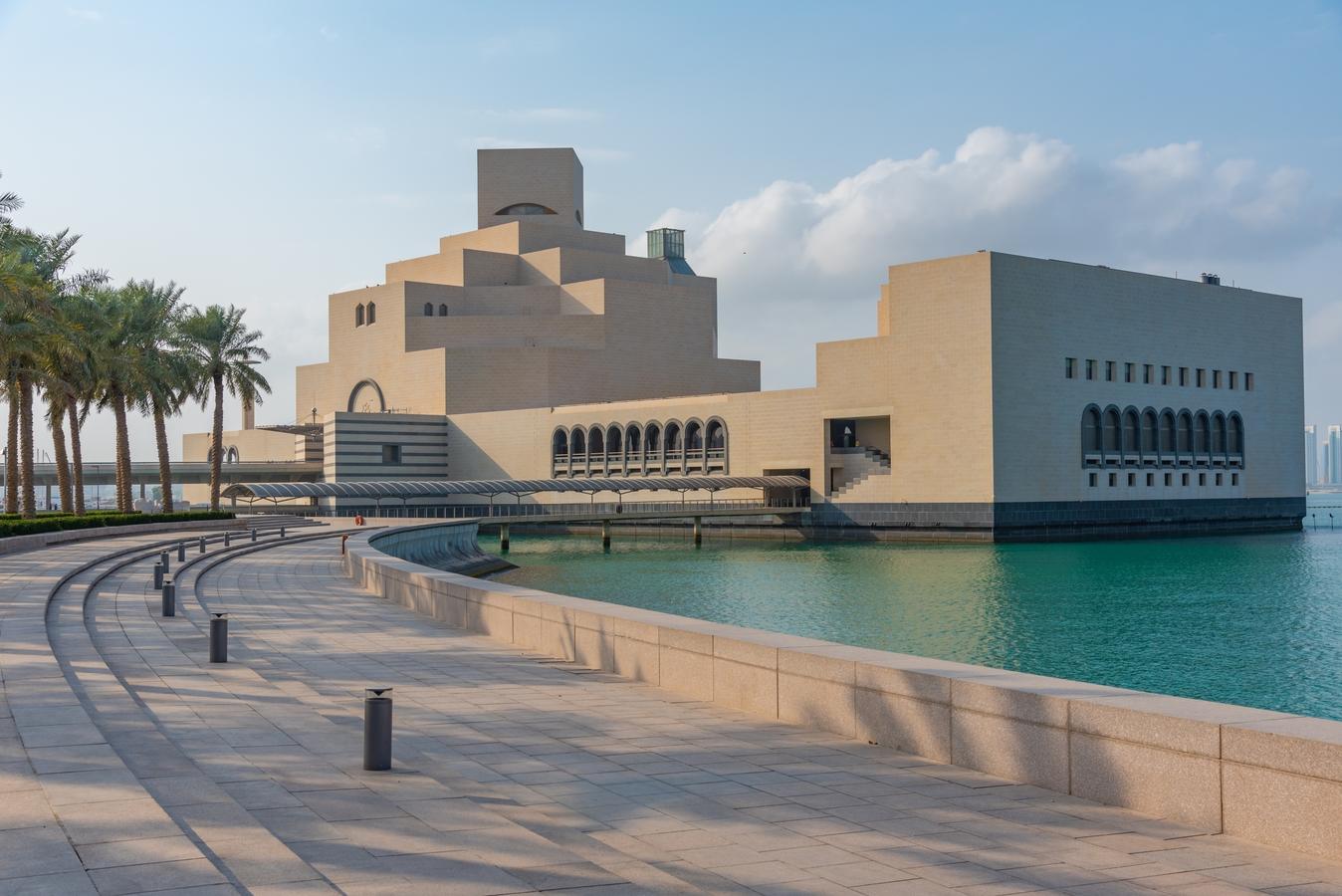
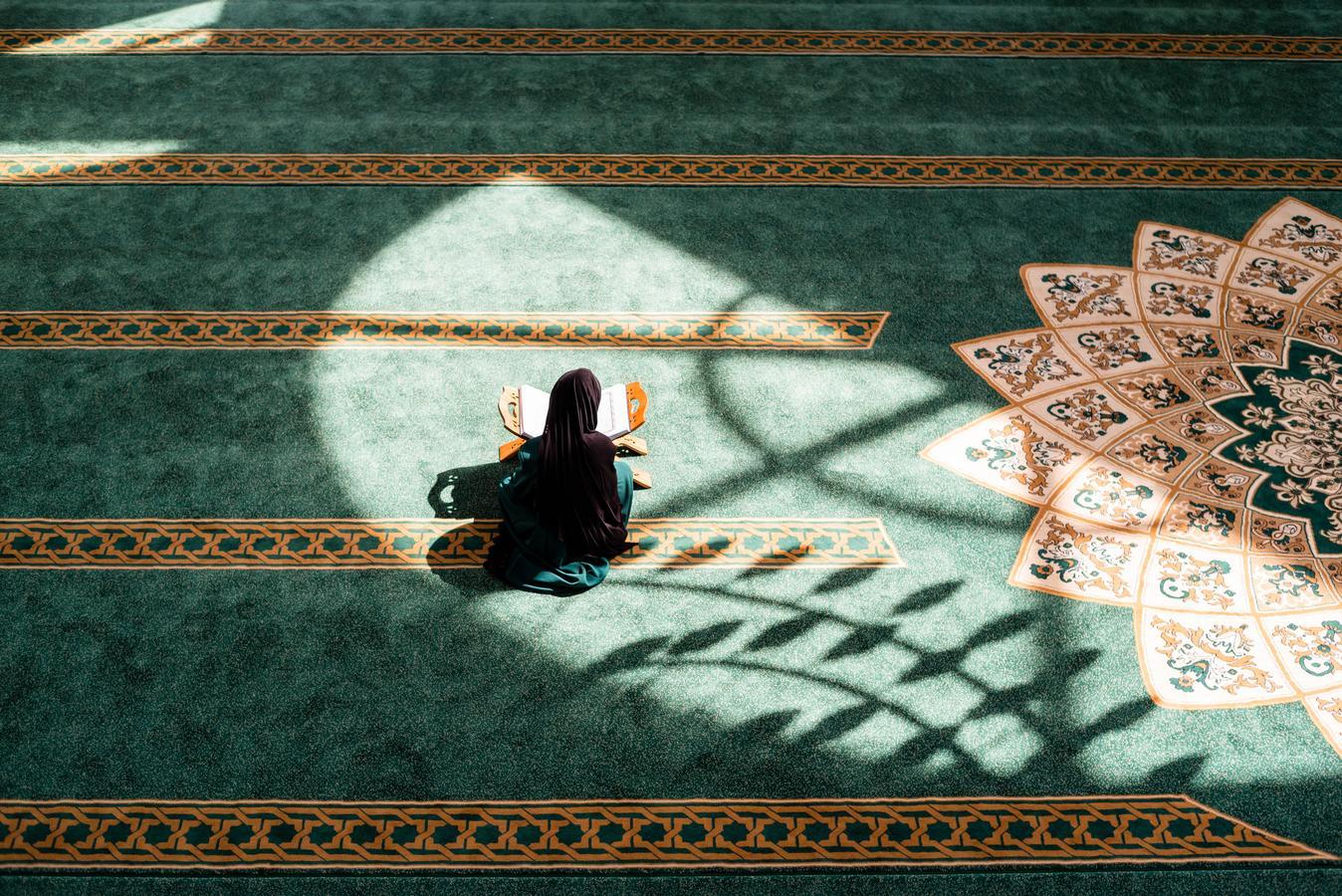
0 Comments
No comments yet. Be the first to comment!